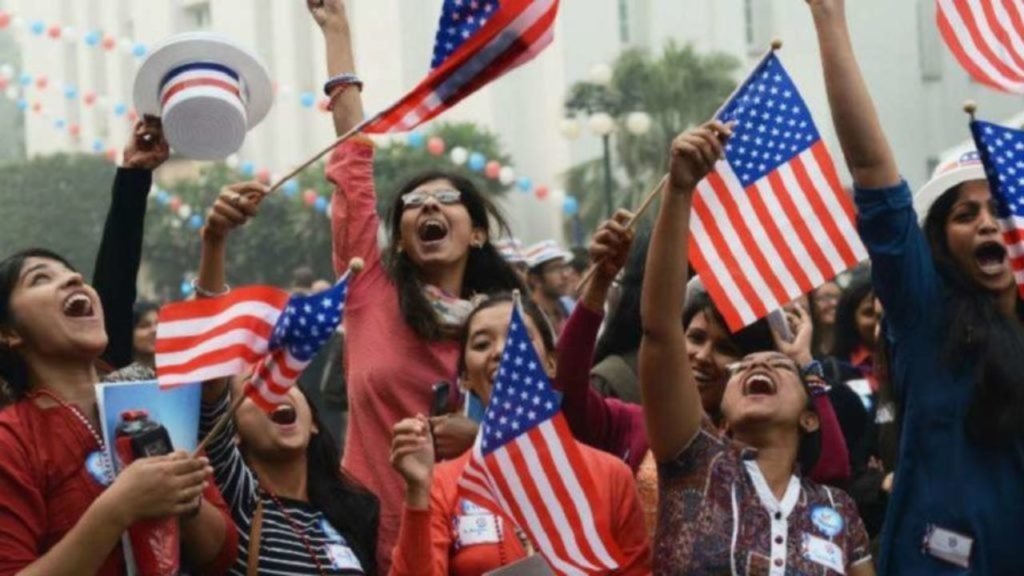More Indians Can Get H1B Visa As US Govt Removes This Critical Restriction

A rule proposed by former President Donald Trump’s administration to restrict the scope of “speciality occupation” under the H-1B visa regime has been withdrawn by the US government.
The move is extremely positive for Indian IT companies, which are among the most frequent users of such visas.
“The Department of Homeland Security (DHS) has formally vacated a regulation that would have redefined the H-1B speciality occupation, restricted off-site placement of H-1B employees, and otherwise increased employer compliance obligations. The vacatur follows a federal court ruling that set aside the regulation because the agency did not have good cause to bypass notice and comment rulemaking, in violation of the Administrative Procedures Act,” explained immigration law firm Fragomen.
Contents
Joe Biden Removes Trump’s Interim Final Rule (IFR)
The US Citizenship and Immigration Services (USCIS) and the country’s legal immigration agency, announced on Tuesday that the Department of Homeland Security (DHS) has released a final rule.
It also eliminates an interim final rule (IFR) issued in October 2020 from the Code of Federal Regulations, which has since been vacated by a federal district court (CFR).
For certain levels of H-1B visa applicants, the US Department of Labor’s IFR modified the way it measures prevailing wage rates and updated the prevailing wage percentiles.
Changes To The H-1B Visa Programme
According to the National Association of Software and Services Companies (Nasscom), DHS IFR made several amendments to the H-1B visa programme at the same time.
It includes modifications to the regulatory definitions of “speciality occupation” and the employer-employee relationship, as well as a decrease in the validity period for H-1B workers employed at third-party job sites from three years to one year.
The Blocking Of Two IFRs Back In 2020
The US District Court for the Northern District of California released an order on December 1, 2020, blocking two IFRs introduced by the Department of Homeland Security and the Department of Labor to limit US corporations’ ability to recruit foreign-born workers on H-1B visas.
As a result of this ruling, the DHS IFR was also supposed to go into effect on December 7, 2020, but it didn’t. The IFR for labour has been lifted.
At the time, Nasscom had welcomed the court’s decision and said it “clearly recognises the importance of the high skill visa programs to the United States; and that the IFRs issued previously did not hold legal statute”.
Delaying Effective Date And Implementation Periods
The labor department had also delayed a regulation that would raise prevailing H-1B and other visa wages from May 14, 2021, to November 14, 2022.
“The reinstatement of status quo only confirms what a California litigation had achieved. For instance, many IT jobs were challenged as it was being said that they do not qualify as a speciality occupation. But this, among other things, is now being formally put to rest,” said Poorvi Chothani, founder and managing partner, LawQuest.
“By reinstating the prior regulatory language, DHS is putting to rest the Trump-era regulation. However, the Biden administration may propose its regulatory changes to the H-1B program in the future,” said Fragomen in a note.

Comments are closed, but trackbacks and pingbacks are open.